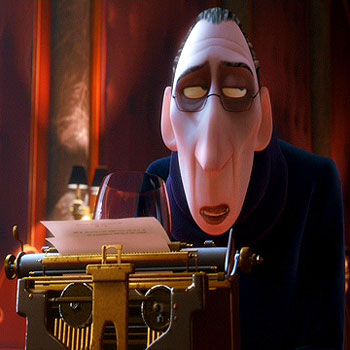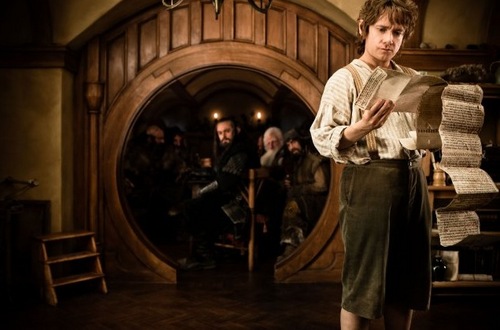Now I understand why Cannes 2009 opened with Pixar’s “Up.” They knew what was coming. Has there ever been a more violent group of films in the Official Selection? More negative about humanity? More despairing? With a greater variety of gruesome, sadistic, perverted acts? You know you’re in deep water when the genuinely funniest film in the festival is by a Palestinian in today’s Israel, whose material includes a firing squad, a mother with Alzheimers, and a hero with dark circles under his eyes who never utters a single word.
And most of these films were not over quickly. Not that there’s something wrong with a film running over the invisible 120-minute finish line, if it needs to, and is a good film. I regret that not all the 21 films in this year’s selection were good. And that’s not just me. The daily critics’ panel for Le Film Francais was as negative as I’ve seen it, even giving a pas de tout (“worthless”) to a film I would defend, von Trier’s extreme but courageous “Antichrist.”
In the past I have felt the elation of discovery at Cannes, seeing for the first time films like Kielowski’s “Red,” Lee’s “Do the Right Thing,” Coppola’s “Apocalypse Now,” Spielberg’s “E.T.”–and premieres by Kurosawa, Fellini, Bergman, Chen Keige, Fassbinder, Altman, Herzog, Scorsese. Titans bestrode the earth in those days. This year the only ecstatic giants, love them or hate them, were Lars von Trier and Quentin Tarantino.
December 14, 2012





